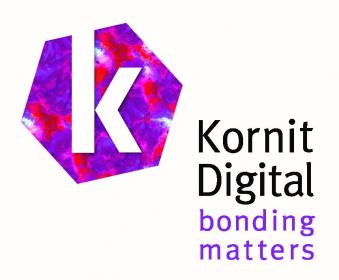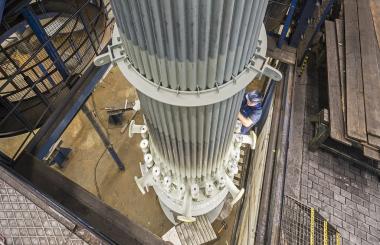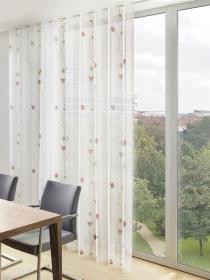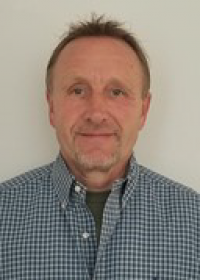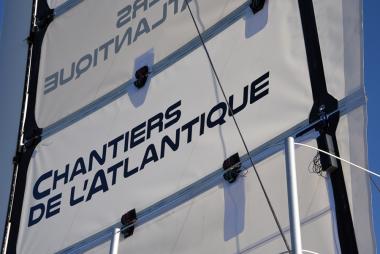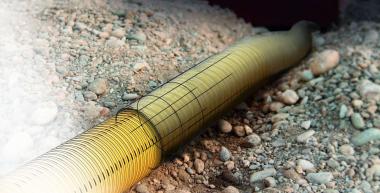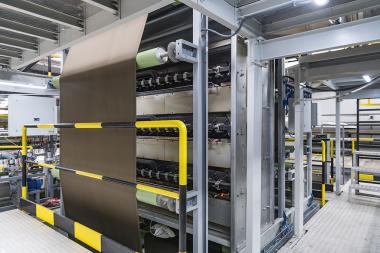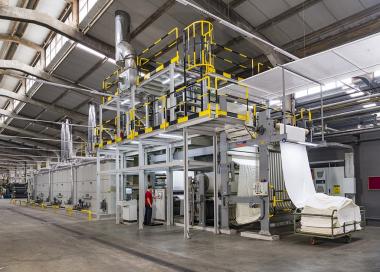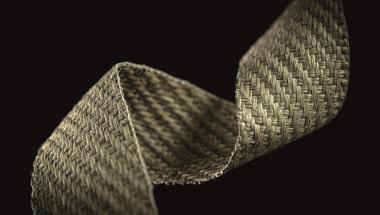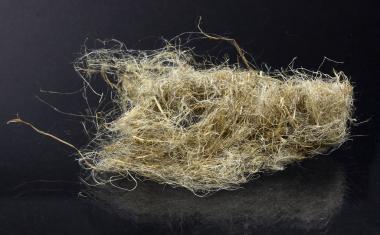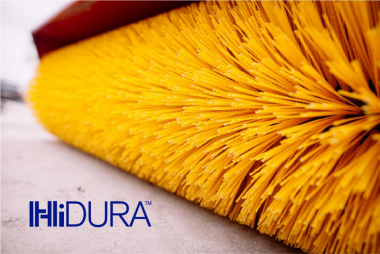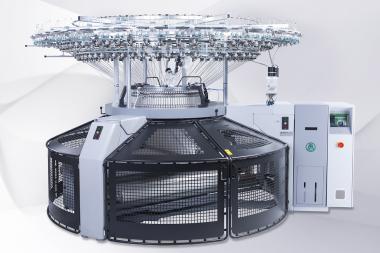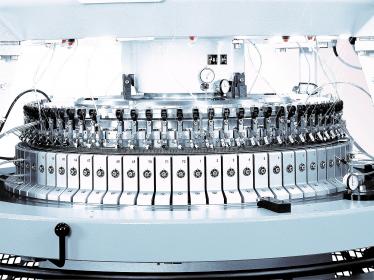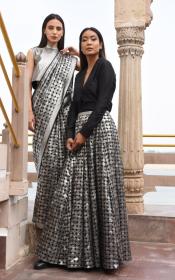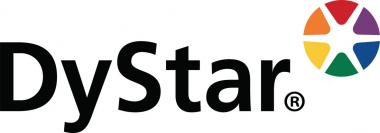Partners: AFRY engineering and Renewcell
- AFRY engineering partner when Renewcell expands operations to lead the fashion industry into a sustainable and circular future
Renewcell has awarded AFRY an engineering assignment for their recycled textile materials production expansion at SCA's Ortviken paper mill in Sundsvall, Sweden. The assignment includes project and construction management services, process, mechanical and piping engineering, electrical, automation and instrumentation engineering, fire and HVAC design, as well as civil design. The project is a continuation of AFRY's previous feasibility studies.
The trend in textiles and design requires sustainable fashion. Customers require fashion companies to reduce their environmental impact through new technologies and innovations for the circular economy. One important element is recycling of textile fibers that is a path towards a more sustainable fashion.
Renewcell is a multi-award-winning textile recycling company based in Sweden. The company’s vision is to inspire an Industrial Evolution towards a sustainable world by producing high quality materials from recycled textiles. “There is a way to put fashion first without putting the environment in second place” – Renewcell describes their business concept. With their technology, the company has succeeded in recycling and regenerating textile fiber from old clothes to turn into new clothes. For example, H&M, a partner of Renewcell, has launched a garment that is half made with Renewcell’s fabric.
Today, Renewcell has a demo plant in Kristinehamn, Sweden, with the possibility to recycle over 4,500 tons of textiles each year. The company has now signed a major agreement with one of the world's largest producers of viscose fiber. With that as a basis, together with a well-proven process and technology, they are now building a full-scale production plant in Sundsvall, Sweden. When the new plant is ready for production, it will have the capacity to recycle 60,000 tons of textile waste annually, which is just over half of Sweden's annual textile consumption. The new plant is expected to be commissioned in 2022.
“We are pleased to continue the partnership with AFRY, which began with the feasibility study they delivered in 2020. With AFRY, we feel secure in having a partner with both world-leading expertise and the ability to deliver projects on time and within budget. Together, we lead the fashion industry into a sustainable and circular future,” says Christer Johansson, Project Director at Renewcell.
“We are extremely proud to be part of Renewcell’s investment. We are excited to contribute in this transition towards more sustainable solutions for the future and look forward to continue this journey together with Renewcell,” says Ulf Strenger, Business Unit Manager at AFRY.
AFRY





